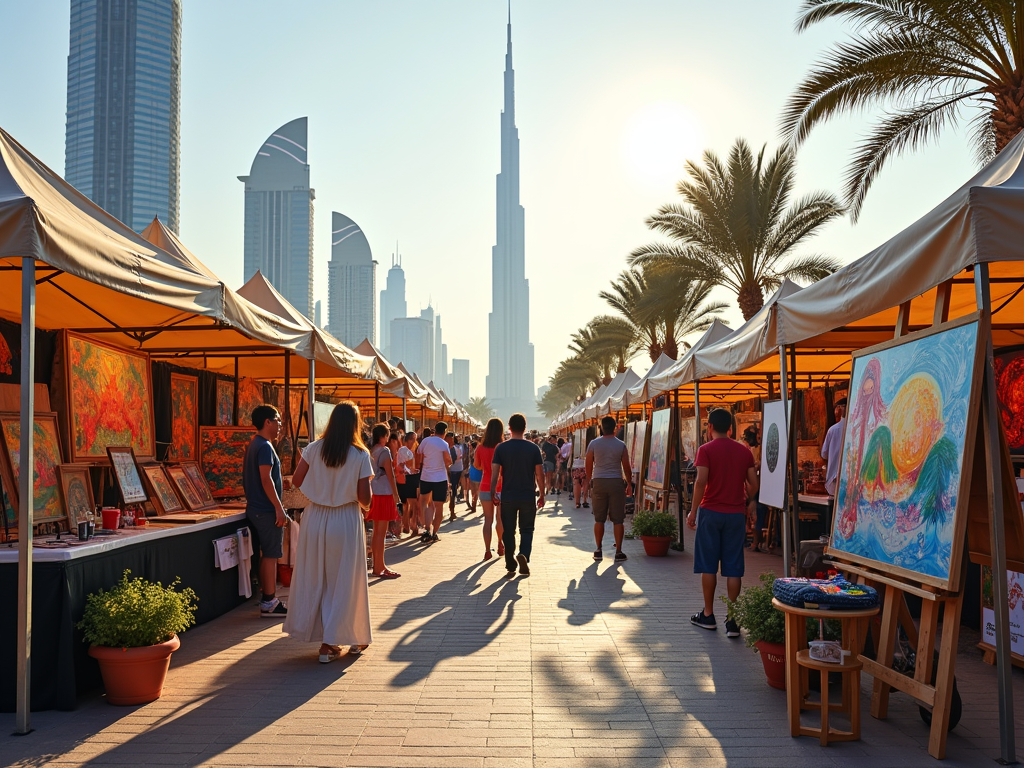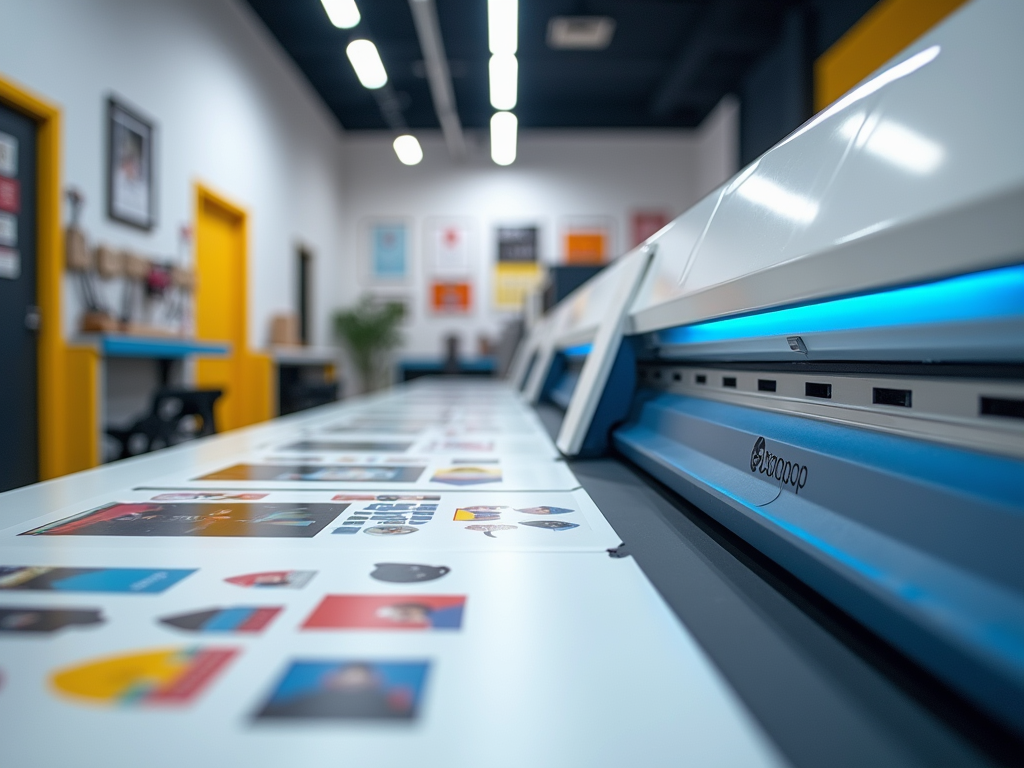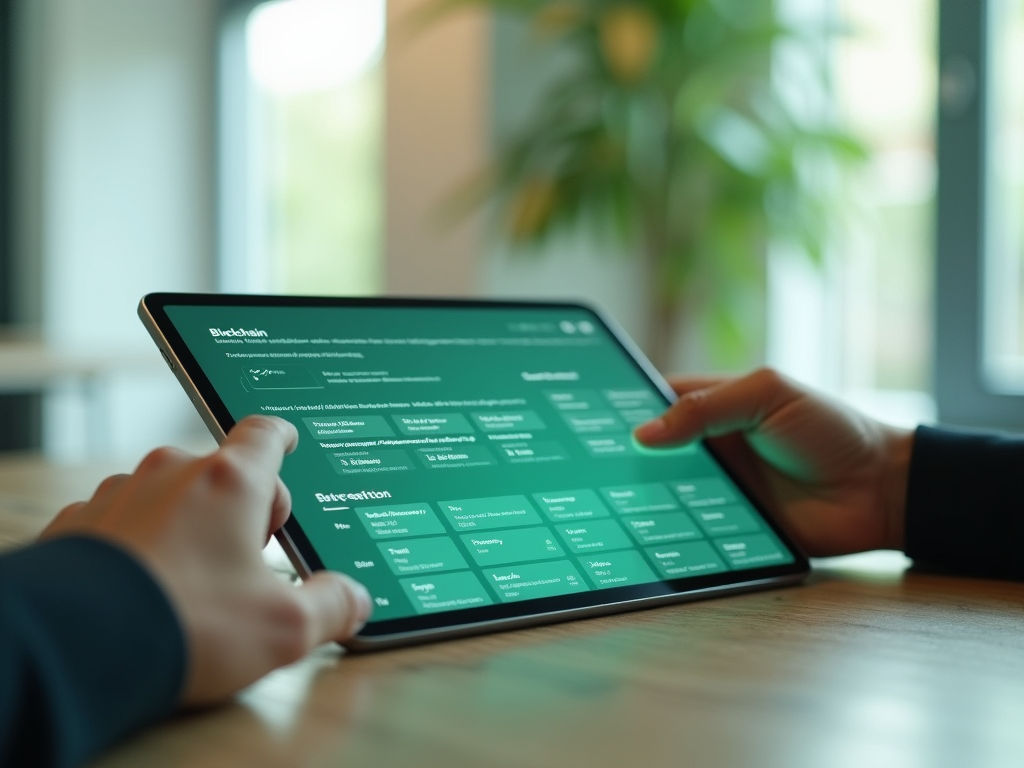
The Growth of Dubai’s Creative Economy
Dubai’s creative economy is experiencing explosive growth, driven by innovation, cultural diversity, and a government that actively supports the arts and business. With its strategic investment in technology and infrastructure, the city aims to establish itself as a leading global creative hub. This article will explore the factors contributing to this burgeoning economy, the sectors involved, and the role of collaboration between various stakeholders in shaping Dubai’s creative landscape.
Factors Driving Dubai’s Creative Economy

Dubai’s commitment to diversifying its economy extends beyond traditional sectors like oil and tourism. Key factors driving the growth of the creative economy include:
- Government Initiatives: Various government programs, such as the Dubai Creative Economy Strategy, aim to foster an environment conducive to creativity and innovation.
- Diversity of Talent: The city attracts a myriad of nationalities and talents from around the world, fostering multicultural collaboration and unique perspectives.
- Technological Advancements: Investment in technology has enabled the growth of digital art, design, and e-commerce.
- Access to Funding: Availability of venture capital and incubators specifically for creative startups encourages entrepreneurial growth.
- A Thriving Cultural Scene: Events like Art Dubai and the Dubai Design Week highlight the city as a center for art and culture, attracting global attention.
Key Sectors in Dubai’s Creative Economy
Dubai’s creative economy encompasses a wide range of industries that contribute significantly to its overall economic landscape. The main sectors include:
- Art and Culture: Galleries, museums, and public art installations proliferate, showcasing local and international artists.
- Design: Interior design, fashion, and product design are thriving, with numerous design studios and initiatives supporting local talents.
- Media and Entertainment: The film and music industries are flourishing, aided by events and partnerships with international media firms.
- Advertising and Marketing: Creative agencies are continuously innovating to capture the attention of a diverse consumer base.
- Technology: Digital media and technology companies are creating new platforms for creative expression, such as AR, VR, and video games.
Collaboration is vital to the success of Dubai’s creative economy. By fostering partnerships among government bodies, educational institutions, and private enterprises, stakeholders can leverage their strengths to create a more supportive ecosystem. This includes:
- Incubators and Accelerators: Programs designed to nurture emerging talent help bridge the gap between creative ideas and market viability.
- Networking Events: Platforms for professionals from various disciplines to interact, share ideas, and collaborate on projects.
- Educational Institutions: Universities and art schools in Dubai promote skill development and increase awareness of global trends in the creative sectors.
- Funding Opportunities: Joint ventures and investments can help bring ambitious creative projects to life, offering both financial and resource support.
- Public-Private Partnerships: Collaborative projects that enhance the city’s cultural landscape while benefitting all stakeholders involved.
Conclusion
In summary, Dubai’s creative economy demonstrates remarkable growth fueled by government support, a diverse talent pool, and a focus on collaboration across multiple sectors. With ongoing investments in technology and culture, the city positions itself as a global leader in innovation and creativity. As Dubai continues to develop its creative ecosystem, the possibilities for artistic expression and entrepreneurship will only expand, making it an exciting place for creatives and business alike.
Frequently Asked Questions
1. What is Dubai’s Creative Economy?
Dubai’s creative economy encompasses various industries focused on art, design, media, and technology. It represents a significant shift towards innovation and cultural expression as key drivers of economic growth.
2. How does the government support the creative economy in Dubai?
The government implements policies such as the Dubai Creative Economy Strategy, provides funding opportunities, and promotes events like Art Dubai, all aimed at fostering a vibrant creative ecosystem.
3. What sectors are included in Dubai’s creative economy?
Key sectors include art and culture, design, media and entertainment, advertising, marketing, and technology. Each sector contributes uniquely to the overall growth and dynamism of the economy.
4. Why is collaboration important in Dubai’s creative economy?
Collaboration fosters innovation, creates networking opportunities, and leads to better resource sharing, enabling projects to gain traction and succeed in a competitive environment.
5. What are some challenges facing Dubai’s creative economy?
Challenges include navigating a rapidly changing global market, the need for continuous innovation, sustaining investment, and overcoming regulatory hurdles in certain sectors.


























